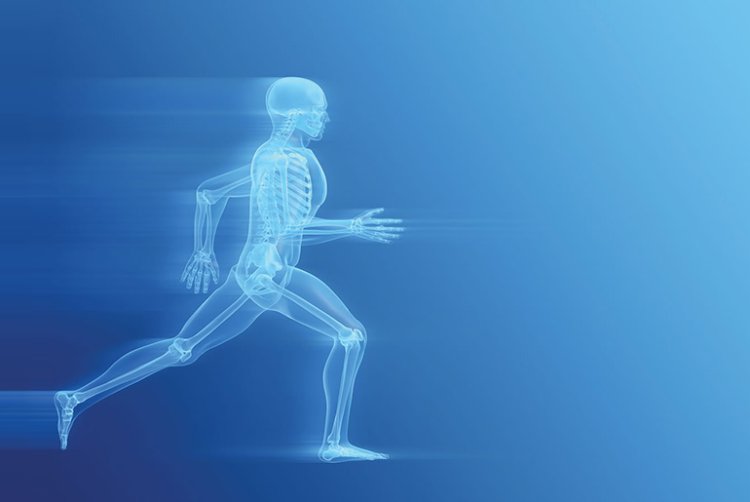Building Strong Foundations: Bone Health Across the Lifespan

Although bone health is sometimes disregarded until issues develop, it is an essential component of general health. Our bones are essential for structure, organ protection, muscle anchoring, calcium storage, and everything in between. Adopting behaviors that promote bone health at every stage is crucial to having strong and healthy bones all of your life.
We'll look at advice in this blog for helping kids, adults, and older citizens have strong bones.
Childhood:
Early on in life, strong bones are formed, and childhood sets the stage for adult skeletal health.
Here's how to encourage kids' best bone development:
- Promote exercise: Frequent exercise strengthens bones, particularly weight-bearing exercises like dancing, jumping, and running.
- Assure you are getting enough calcium: Bone health depends heavily on calcium. As needed, add dairy products, leafy greens, fortified foods, and calcium supplements.
- Vitamin D: Calcium absorption is aided by vitamin D. Meeting vitamin D needs can be achieved by meals such fatty fish and fortified goods as well as sun exposure.
- Cut back on soda and other sweet drinks: Too much of these might prevent the body from absorbing calcium and lead to bone loss.
Adulthood:
Preventing osteoporosis and fractures becomes more and more dependent on preserving bone density as we mature.
This is how adults may promote bone health:
- Well balanced diet: Keep eating foods high in calcium and in sources of vitamin D. Ensuring sufficient intake of magnesium, vitamin K, and phosphorus—all of which are involved in bone metabolism—is also important.
- Exercise often: Combine weight-bearing, resistance-training, and flexibility and balance-enhancing activities to lower your chance of falls and fractures.
- Avoid smoking and excessive alcohol:Steer clear of smoking and binge drinking. Bones can become weakened and fractures more likely by both smoking and binge drinking.
- Watch the density of your bones: Frequent screenings can lead necessary treatments or preventative actions by identifying bone loss early.
Seniors:
Osteoporosis and fractures are more likely to strike seniors since their bone density naturally decreases with age.
Following are some pointers for older persons' bone health maintenance:
- Fall prevention: Take action to lower your chance of falling at home by clearing out obstacles, putting in handrails, and, if needed, utilizing mobility aid.
- Strength and balance exercises: For better coordination, strength, and balance, including Tai Chi, yoga, and resistance training.
- Medication review: Some medications can influence bone health. See medical professionals to evaluate the effects of prescription drugs and, if needed, look into substitutes.
- Sufficient diet: Because their metabolisms and absorption are altered, older persons may need more calcium and vitamin D. Should the diet be inadequate, supplements could be advised.
CONCLUSION
Preserving bone health over the years is a proactive effort that calls for consideration of diet, exercise, and way of living. People can lower their chance of fractures, osteoporosis, and other bone-related problems as they get older by forming good habits early in life and maintaining them. Recall that robust bones support an active and healthy life, so make today's investments in your skeletal health for a bright future tomorrow.
What's Your Reaction?


















